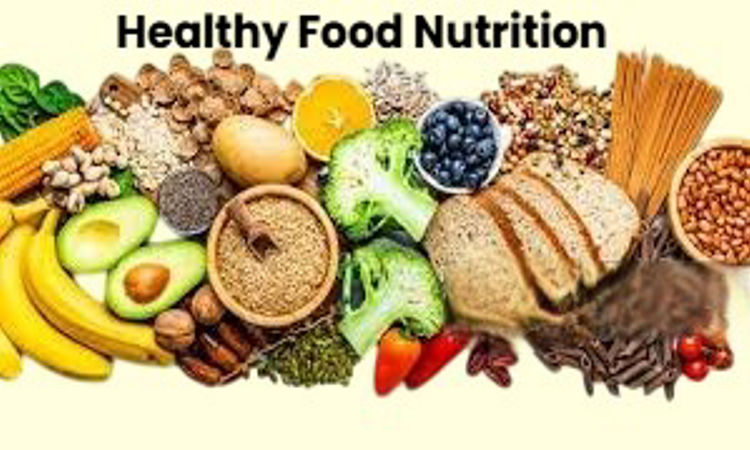Protein plays a vital role in supporting overall health, aiding in tissue repair, hormone production, enzyme function, and metabolism regulation. Research highlights that high-protein diets not only promote fat loss but also help preserve lean muscle and prevent weight regain—making protein a crucial component of sustainable weight management.
Even at rest, muscle tissue burns three times more calories than body fat, acting as a powerful energy-burning machine. Many people want to increase and maintain their muscle mass in order to have a stronger, healthier body. However, weight loss efforts can sometimes lead to muscle loss alongside fat reduction. This is where protein, combined with regular exercise, becomes a key ally—protecting muscle integrity and keeping metabolism active.
Expert Tips for Building & Maintaining Muscle Mass with Protein
Five crucial tactics are shared by Dr. Richard Alison, a nutrition specialist at Herbalife Nutrition and the former Head of Performance Nutrition at Arsenal Football Club:
Protein Needs Change with Age
Protein digestion efficiency decreases with aging, necessitating increased consumption to sustain muscle mass.Older adults should aim for 1.0–1.2 grams of protein per kg of body weight daily—with potentially higher amounts for physically active individuals or specific health conditions.
Harness the Power of Plant-Based Proteins
Complete, high-quality proteins can be obtained from a plant-based diet that is well-balanced.Surprisingly, lentils contain more protein per gram than ground beef (25% vs. 18%), while pea protein isolates reach 94% purity!
Vegans and vegetarians typically require 10% more protein than those consuming animal-based diets. Products like Herbalife’s Tri Blend Select ensure sufficient protein intake while delivering essential amino acids.
Prioritize Milk Proteins for Muscle Development
Whey and casein proteins, found in dairy, are among the most studied for their ability to support muscle growth and recovery. For those avoiding dairy, selecting protein sources rich in essential amino acids is essential.
Support Heart Health with Plant Proteins
Replacing animal proteins with plant-based alternatives can help lower cholesterol and blood pressure, reducing heart disease risk.Furthermore, fiber and antioxidants included in plant-based proteins support cardiovascular health in general.
Optimize Protein Intake with Supplements
Studies suggest that evenly distributing protein throughout the day enhances muscle synthesis. 20–40 grams of protein per meal is the target, depending on personal requirements. Protein supplements can help maintain balanced intake—especially for meals like breakfast, where meeting protein goals may be challenging.
Conclusion
Protein is a fundamental pillar of health, especially for muscle development, weight management, and cardiovascular well-being. Whether sourced from whole foods or supplements, maintaining adequate protein intake, ensuring even distribution, and selecting high-quality protein sources are key to achieving a stronger, healthier body.

